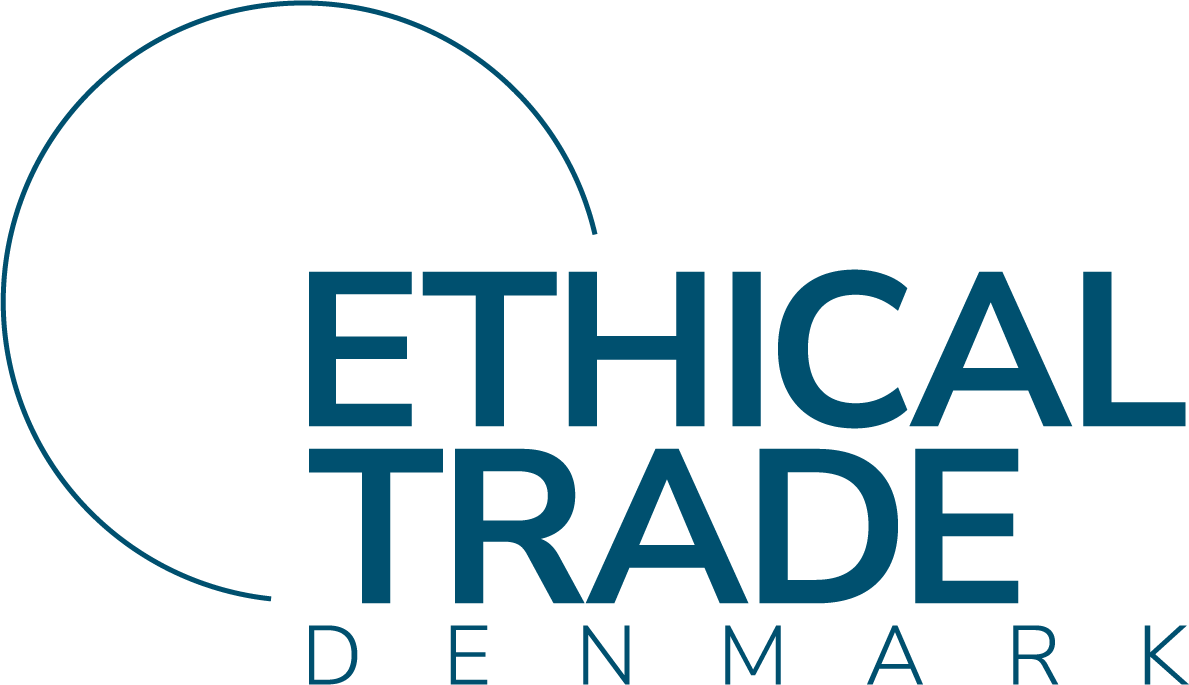Tell the world how you are doing it
Communication
This step covers the company’s duty to share the results of due diligence. The OECD and the UN require companies to report their risk of adverse effects on people.
The human rights, enviroment and climate stories are about promoting what you do well and about sharing your challenges. Speak openly about the challenges and risks you face within your core business and operations, and feel free to share how you handle the challenges day-to-day.
Managing human rights and environment is a process that you will continually improve upon. There is an expectation that you work will purposefully in this area and that you can document your choices – but no one expects you to be perfect or have control over all risks from day one.
Therefore, also remember to communicate clearly about your goals, how you will achieve them and what results you expect.
Inspiration: How to communicate:
- Ongoing dialogue with stakeholders such as individuals, relevant groups, local communities, and organisations
- In a separate regularly updated section of your website post anything from ½ page to comprehensive detailed accounts
- Include the process in strategic documents and in the description of your core business
- Publish an independent sustainability report about your work
- Include everything in the annual report
- Publish and report on your human rights policy and Code of Conduct
- Use certification logos, but be aware that using them may be subject to strict requirements
- Keep up to date about ups and downs on your social media channels and in newsletters
- In cases of particularly serious risk it is important to:
- Communicate in personal meetings or open forums
- Hold consultations with affected stakeholders
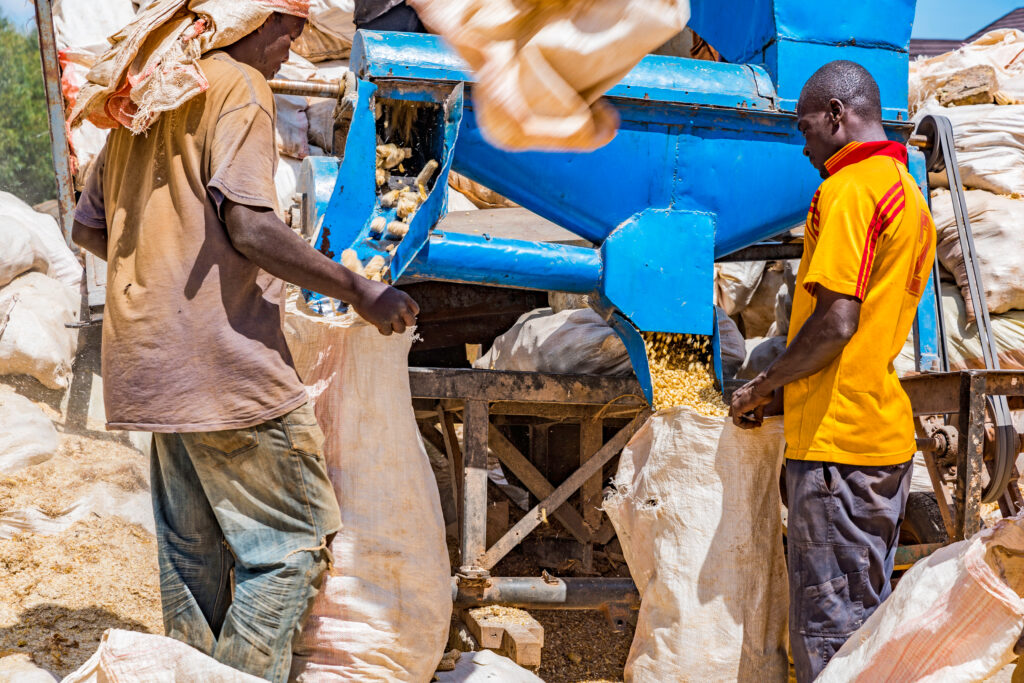
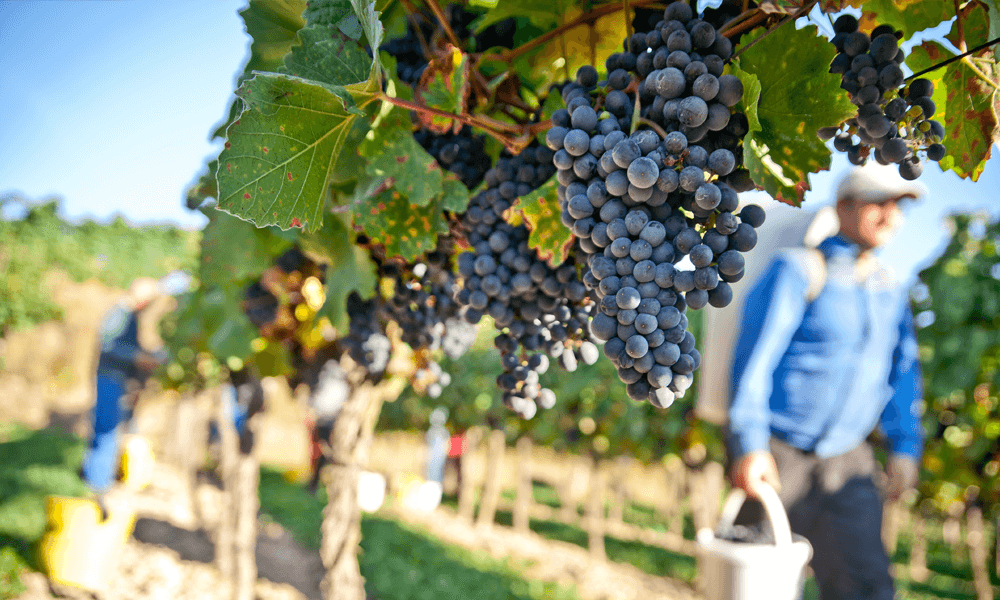
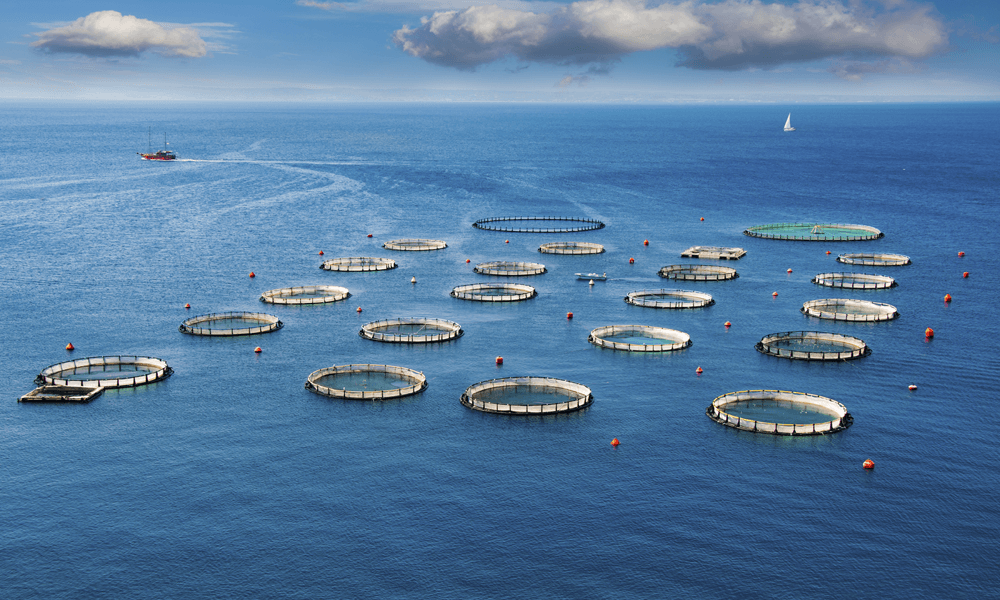
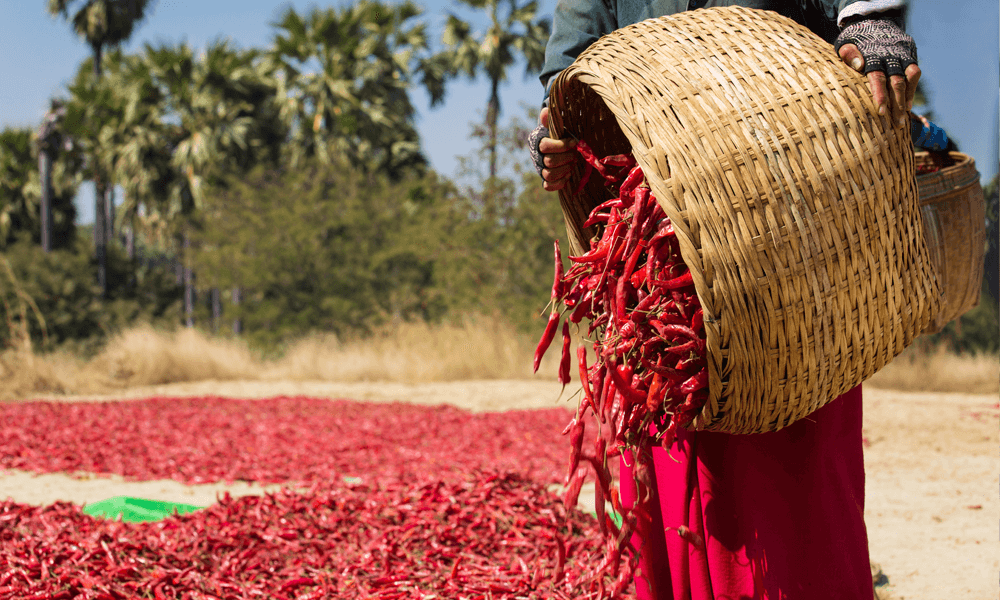
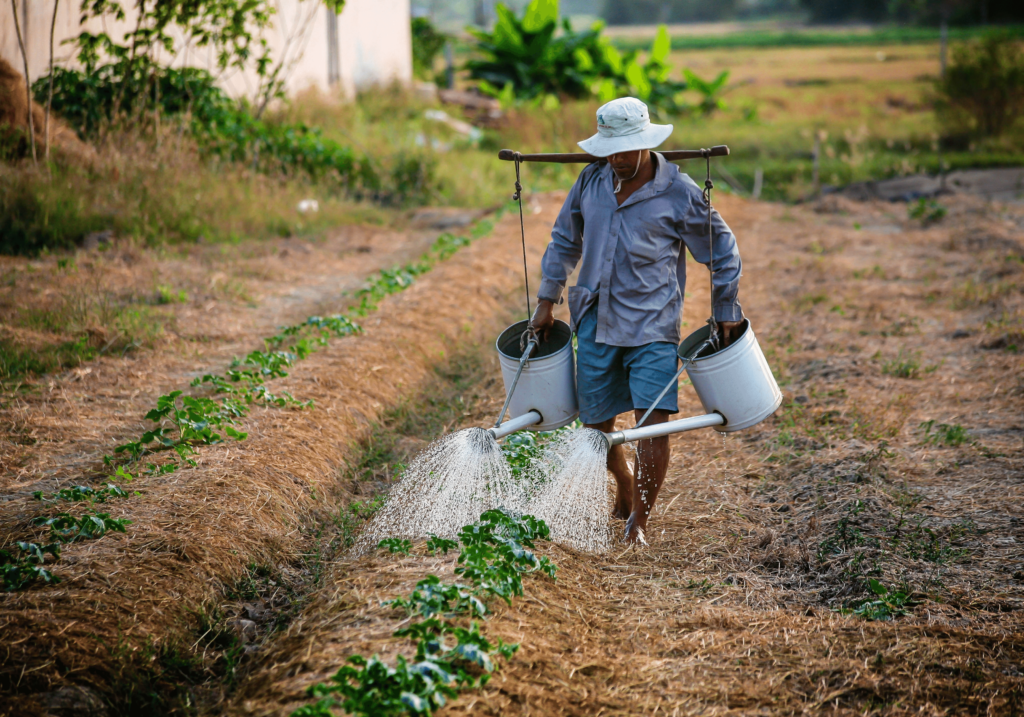
TIP: Be transparent
Almost all food companies face due diligence challenges regarding human rights in their value chains.
Transparency, as reflected in your communications, and open and honest disclosures about the challenges is of great importance.
TIP: Pay attention to regulations on sustainability marketing
There are new Danish and international rules for the use of environmental and ethical claims in marketing, such as using ‘sustainable’, ‘green’ or ‘climate-friendly’ in product advertising. In Denmark, the Consumer Ombudsman oversees marketing. See the Consumer Ombudsman’s Quick Guide to environmental marketing.
Reporting standards
We have put together tools and guides that can help you make a proper report:
UN Guiding Principles Reporting Framework
How other SMEs talk about their human rights and environmental processes
Nordic Fruit: A short video
Nordic Fruit tells about their project in Uganda with DanChurchAid in a short informational video.
Gasa Nord Grønt: Part of the CSR policy
Gasa Nord Grønt reports on their efforts on behalf of people as part of their “Good social practice” CSR policy.
warfair: Reporting on due diligence and meetings
Warfair publishes all due diligence reports and minutes from meetings of the independent Ethics Committee on its website.
Miild: Challenges, status and plan of action
The cosmetics brand Miild’s website discusses the challenges of environmental impact from the production of palm oil and how the company, as an SME and member of the Danish Alliance for Responsible Palm Oil, seeks to use segregated certified palm oil in the company’s products.
BM Silo: Experiences from working with Global Goals
The Danish agro-production company BM Silo discusses their Global Goals process on their website, documenting how they set their focus and priorities and how they incorporated them into the company strategy.
About this guide
This guide is aimed at small and medium-sized businesses - i.e. companies with 2 to 250 employees, across industries. Human rights due diligence is relevant whether you are in the B2C or B2B market, import, export or have your own production in Denmark.
The purpose of the guide is to help SMEs in their work with human rights, environmental and climate due diligence - regardless of company size and resources. The guide provides inspiration on where to start and how to strengthen your current processes.
The guide has been prepared by Ethical Trade Denmark. A first version of the guide - focused on human rights and targeted at the food cluster - was developed in collaboration with the Danish Agriculture & Food Council and Arla, co-financed by the Danish Business Authority.
The guide may not be modified, reproduced or translated without prior written agreement with Ethical Trade Denmark. The guide may only be used in educational contexts with clear credit to Ethical Trade Denmark, including a clear logo.
